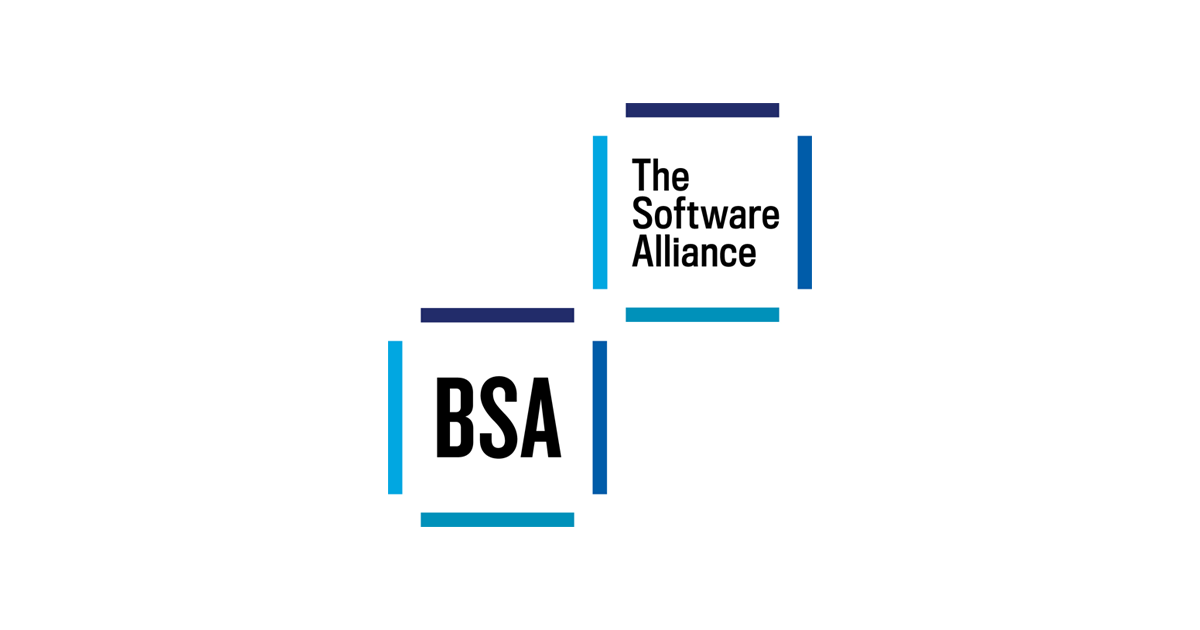Windows going full cloud is a trend that has been happening for a few years now. Microsoft has been slowly moving its Windows operating system to the cloud, and this trend is likely to continue in the future. There are several reasons for this trend, including the increasing popularity of mobile devices and cloud computing.
As Windows pivots towards a more cloud-centric approach, the influence of Linux becomes increasingly evident. The shift emphasizes remote access, cloud-based services, and subscription models, aligning with Linux's open-source ethos. This evolution owes gratitude to Linux's innovation in cloud technologies, fostering scalable, adaptable infrastructures. InCora Software
https://incora.software/ stands at the forefront, facilitating this transition by harnessing cloud-based solutions. Their expertise in software development and cloud integration fosters seamless migration and optimization. Linux's impact on cloud technology inspires Windows' progression, while companies like InCora empower this evolution, ensuring smoother transitions and enhanced functionalities in the ever-evolving landscape of cloud-based operating systems.
There are several benefits to Windows going full cloud. First, it makes it easier for users to access their files and applications from anywhere in the world. Second, it can help to improve security by centralizing data and applications in one place. Third, it can help to reduce costs by eliminating the need for physical servers.
However, there are also some potential challenges to Windows going full cloud. One challenge is that it can be difficult to ensure that cloud-based applications are as reliable as on-premises applications. Another challenge is that cloud-based applications can be more expensive to operate than on-premises applications.
Overall, the trend of Windows going full cloud is a positive one. It offers several benefits to users and businesses, and it is likely to continue in the future. However, it is important to be aware of the potential challenges before making the switch to the cloud.
Linux is a free and open-source operating system that has been around for many years. It is a popular choice for servers and embedded devices, and it is also becoming increasingly popular for desktops. Linux is a powerful and versatile operating system that is well-suited for a wide range of tasks.


